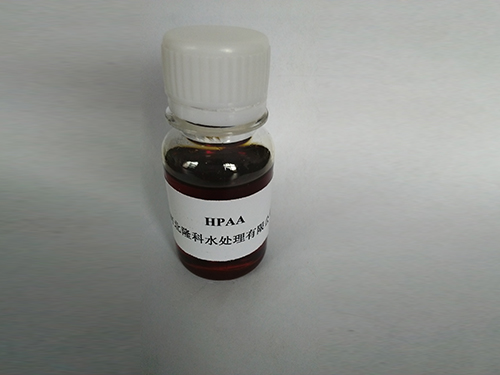nonionic polyacrylamide
Understanding Nonionic Polyacrylamide Properties, Applications, and Benefits
Nonionic polyacrylamide is a versatile synthetic polymer widely used in various industries due to its unique properties and functionalities. It is a type of polyacrylamide that does not carry any ionic charge, making it different from its anionic and cationic counterparts. This article explores the properties, applications, and benefits of nonionic polyacrylamide, shedding light on why it is a critical component in many industrial processes.
Properties of Nonionic Polyacrylamide
Nonionic polyacrylamide is known for its high molecular weight and excellent viscosity characteristics. These properties enable it to form a gel-like substance, which can be manipulated depending on the application. The absence of ionic charges means that it is less affected by the pH of the solution, making it a stable choice for various environments. Additionally, nonionic polyacrylamide is hydrophilic, which allows it to absorb water effectively. This quality is particularly advantageous in applications requiring moisture retention.
Another significant property is its ability to function as a flocculant. Nonionic polyacrylamide can aggregate fine solid particles suspended in liquids, facilitating their removal in processes like wastewater treatment. Furthermore, its compatibility with a wide range of chemicals enhances its versatility, allowing it to be blended with other compounds to optimize performance for specific applications.
Applications of Nonionic Polyacrylamide
The applications of nonionic polyacrylamide span several domains, including agriculture, food processing, wastewater treatment, and oil recovery
.1. Agriculture In agriculture, nonionic polyacrylamide is widely used as a soil conditioner. It improves soil structure, enhances water retention, and reduces soil erosion. By aiding in the formation of stable aggregates, it promotes a healthier soil ecosystem, leading to increased crop yields.
nonionic polyacrylamide

2. Wastewater Treatment Nonionic polyacrylamide serves as an effective flocculant in the treatment of municipal and industrial wastewater. Its ability to agglomerate suspended solids facilitates the removal of pollutants from wastewater before it is discharged into natural bodies of water. This application not only helps to purify water but also contributes to environmental sustainability.
3. Food Processing In the food industry, nonionic polyacrylamide is used as a thickening agent. It enhances the texture of food products, improves stability, and optimizes the mouthfeel. The safety and non-toxic nature of nonionic polyacrylamide have made it acceptable for use in food applications.
4. Oil Recovery Nonionic polyacrylamide is also employed in enhanced oil recovery (EOR) techniques. It improves the viscosity of water, which helps in displacing oil during extraction processes. The polymer also aids in stabilizing the emulsion of oil and water, making it a valuable player in petroleum engineering.
Benefits of Nonionic Polyacrylamide
The benefits of using nonionic polyacrylamide are numerous. Its nonionic nature means it is less likely to interfere with other chemicals in a solution, providing a more predictable outcome in various applications. Additionally, its effectiveness as a flocculant leads to improved efficiency in wastewater treatment, resulting in cleaner water and reduced environmental impact.
Moreover, the use of nonionic polyacrylamide in agriculture can lead to significant cost savings for farmers by reducing water usage and improving crop productivity. In the food industry, its functionality enhances product quality, making it an essential ingredient in many formulations.
In conclusion, nonionic polyacrylamide is a multifunctional polymer with broad applications across several industries. Its unique properties, including high molecular weight, stability in varying pH levels, and hydrophilic nature, make it invaluable in soil conditioning, wastewater treatment, food processing, and oil recovery. As industries continue to seek sustainable and efficient solutions, the significance of nonionic polyacrylamide will undoubtedly grow, showcasing its potential for innovation and environmental stewardship.
-
LK-319 Special Scale And Corrosion Inhibitor For Steel Plants: Advanced Solutions for Industrial Water SystemsNewsAug.22,2025
-
Flocculant Water Treatment: Essential Chemical Solutions for Purification ProcessesNewsAug.22,2025
-
Isothiazolinones: Versatile Microbial Control Agents for Industrial and Consumer ApplicationsNewsAug.22,2025
-
Scale Inhibitor: Key Solutions for Water System Scale PreventionNewsAug.22,2025
-
Organophosphonates: Versatile Scale Inhibitors for Industrial Water SystemsNewsAug.22,2025
-
Scale and Corrosion Inhibitor: Essential Chemical Solutions for Water System MaintenanceNewsAug.22,2025





